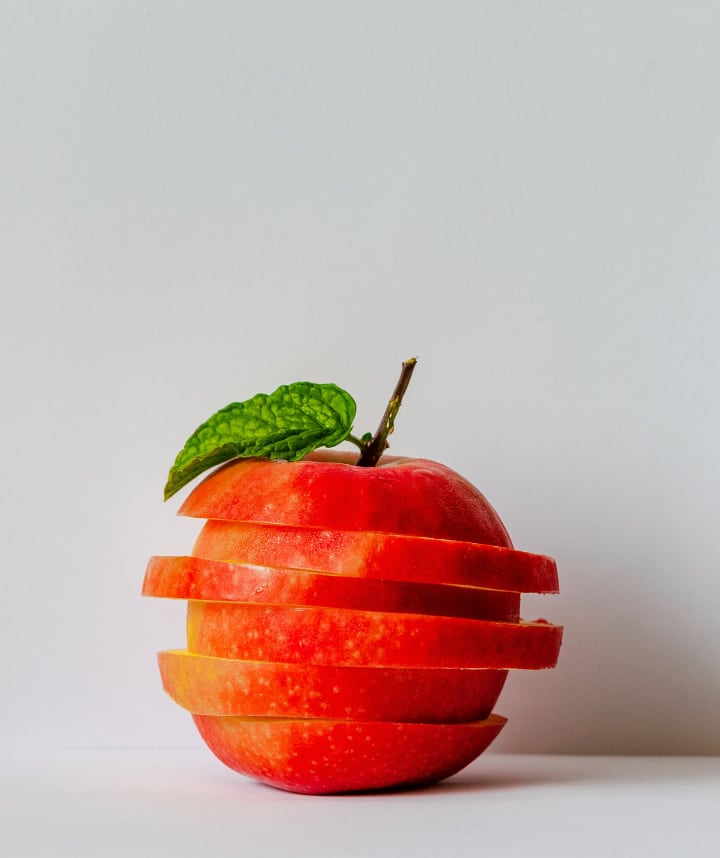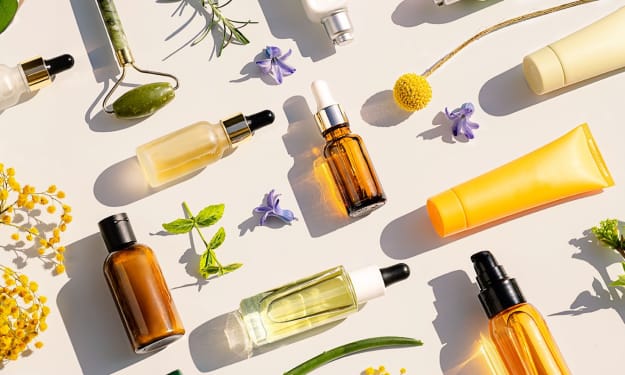Foods You Shouldn't Put On Your Face
Foods for natural skincare recipes which should not go on your skin

Natural beauty is something which many people are taking interest in. But there are some ingredients which people are including in their masks and other beauty treatments that'll do more harm than good to your skin.
There are so many tutorials, be it blog posts or YouTube videos, which are out there telling you to put a combination of ingredients mixed together onto your face, without truly realising the harm these products can actually do to our skin! Yes, they may give some benefits, but those benefits are never going to be worth the amount of damage they also cause.
Want two natural acne-clearing face mask recipes which are safe for your skin? You can take a look at this post!
Apple Cider Vinegar
Apple cider vinegar claims to have a lot of uses, both internal and external. But whether it's diluted or not, this acidic product can risk burning your skin.

If you want to use acidic-related products, stick to the ones which are good for your skin! Such as...
- Salicylic Acid
- Glycolic Acid
- Hyaluronic Acid
- Lactic Acid
This article from Bustle will tell you everything you need to know about these acids and twelve more.
This is an ingredient you should avoid. Especially if you have sensitive skin.
Baking Powder
I've seen recipes use this mainly for blackhead removal.

The more you use baking powder on your skin, the more damage it will cause. Baking powder is far too alkaline for your skin, which means this will cause severe irritation.
This is one you should definitely ignore when you see the multiple YouTube and Instagram videos using it. It will not help your skin.
Lemon Juice
"Lemon juice can change the natural pH of your acid mantle, potentially causing skin irritation, hyperpigmentation and sensitivity to the sun. The worst and most serious side effect of lemon juice is a chemical burn."

Using lemon juice to help your skin will lead to these risks:
- Sore, inflamed skin
- Uneven skin tone from hyperpigmentation
- A higher risk of getting a sunburnt face when in contact with light
- And even chemical burns.
Lemon juice is another common ingredient I've seen for facemasks and beauty treatments. These risks are not worth any potential result.
I doubt I'll ever put my skin at risk of inflammation, or even a chemical burn. What about you?
I love trying to make natural skin care recipes when I get the chance. It's a small but fun project which can be done by your self, or with friends and family. Face masks are my go-to, I can make, apply, then wash off ten or twenty minutes later! Bit of moisturiser after and my skin feels fantastic.
I'll admit, I've used ingredients I shouldn't have in skincare in the past. When I was in my teenage years (around fourteen) I was obsessed with facemask tutorials on YouTube. While looking at those, I found a DIY toner recipe which was 50/50 water and apple cider vinegar. It was meant to have all these benefits, and me and my poor acne-prone skin decided "Why the hell not!"
Safe to say, it did not improve my skin. I just about remember my skin getting dryer. Fortunately, there were no burns, but I was very lucky considering I have sensitive patches across my face.
I made and used it simply because I didn't know the risks, I didn't know what damage it could've done for my skin and simply put it down to "It musn't have been for my skin type,"
So don't worry if you've used them in the past or are using them now. If you didn't know, you simply did not know.
Skin care should be a fun thing. But let's also try and keep it safe, yeah?
All images used are from pexels.com
About the Creator
Stephi Durand
Indie Author | Content Creator
'Look Up' is available to purchase at all online book retailers in Paperback and eBook.
Writing here, writing there, writing everywhere...
Instagram: @stevie_dd
Twitter: @StephiDurand






Comments
There are no comments for this story
Be the first to respond and start the conversation.